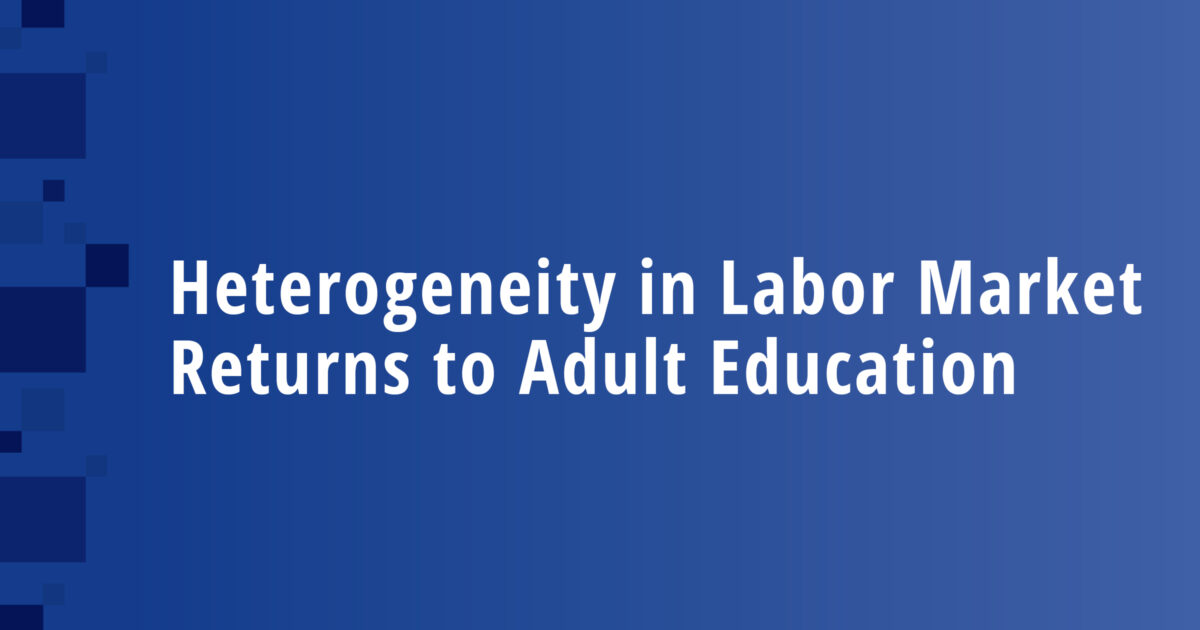
We study the earnings and employment effects of enrollment in formal adult education in Finland using a combination of matching and panel data methods. We also conduct cost-benefit analyses.
The results show that adult education increases earnings and employment both in secondary and higher education, but the magnitude depends on the original level of education. The earnings and employment effects are the largest for the less educated group (those with only compulsory education). For those already having a degree from higher education, the employment and earnings effects are small.
There is substantial heterogeneity behind the average effects. The earning gains differ by field and type of education both in secondary and higher education.
Cost-benefit analysis shows that at the individual level, the benefits exceed the costs for those with compulsory and secondary education but not for those with higher education. When the societal costs and benefits are considered, we find that the benefits exceed the costs mostly when the individuals upgrade their level of education and are young enough.
The results suggest that public investments in adult education should be carefully targeted. This could for example mean targeting individuals who upgrade their qualifications.